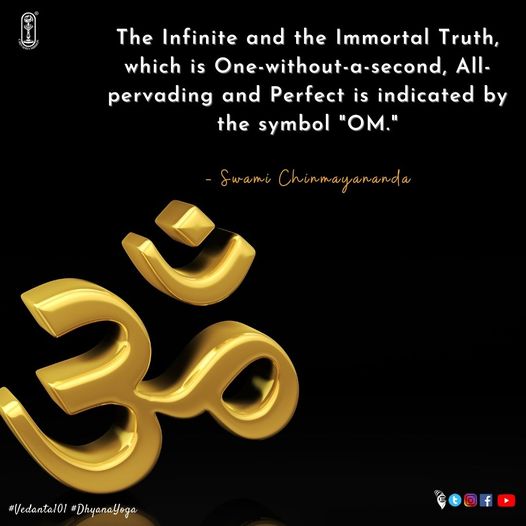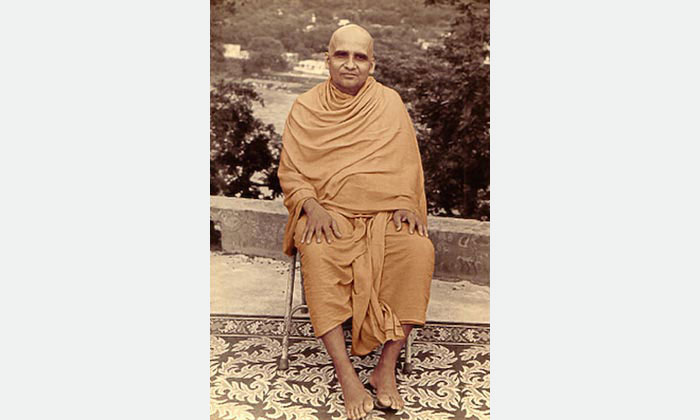The Relevance of the Bhagavadgita to Humanity : 8.5. Swami Krishnananda.

------------------------------------------- Monday, December 28, 2020. 11:18. AM. Chapter 8: The Realism and Idealism of the Bhagavadgita-5. The First Six Chapters of the Bhagavadgita (Spoken on Bhagavadgita Jayanti) ------------------------------ We have vestures of personality. By vesture, I do not necessarily mean the physical body and the vital sheath, and so on, which philosophers speak of. It is a vesture of your personality, your makeup, your outlook, your attitude, your behaviour, your conduct, your viewpoint, your opinion, your philosophy. All these have certain vestures. They are graded stage by stage. ------------------------ Our personality is made up of certain levels. The personality of ours looks like an abstract thing. It is not necessarily the physical body. It is abstract in the sense that a human being is also some abstract principle, finally. We cannot say that we are a body, though it looks like we are that only. All the values that we admire in life are not necess...







